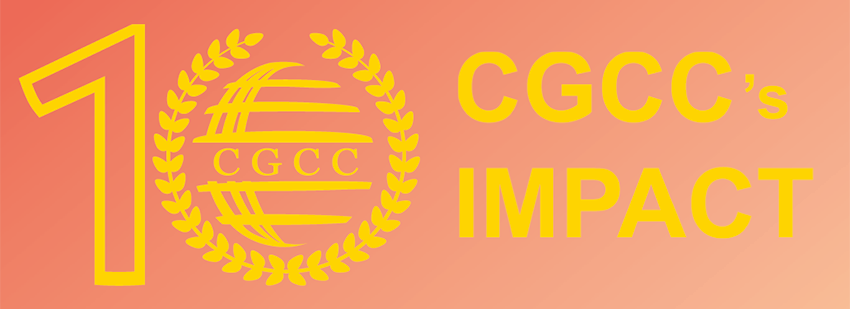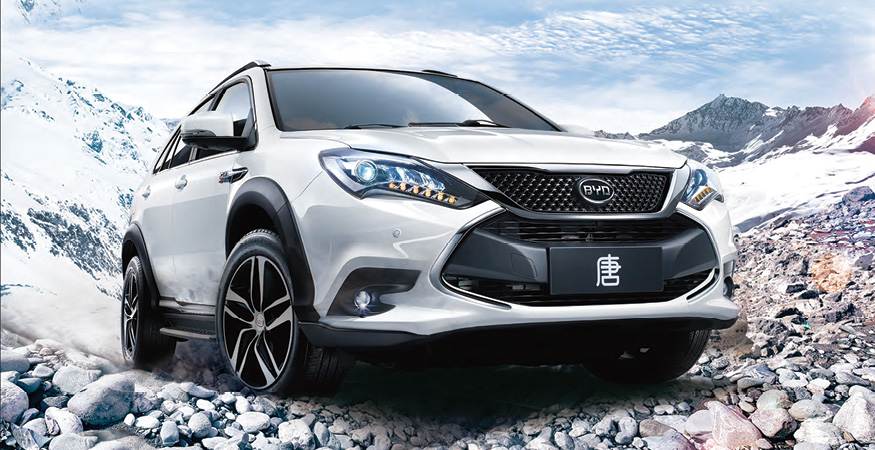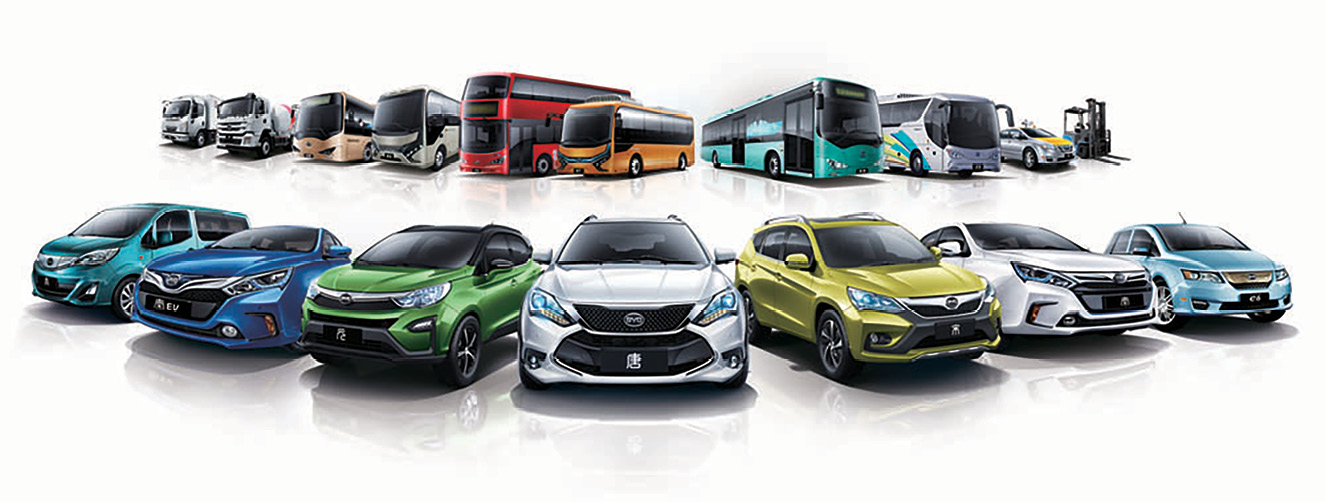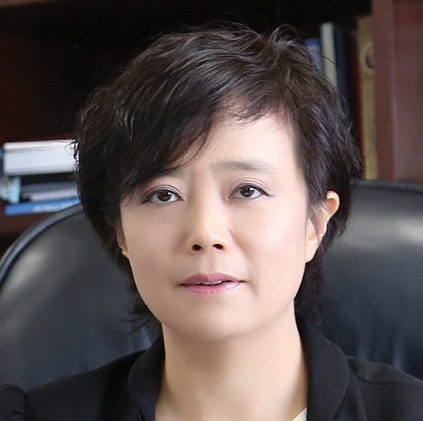
Technology-Based and Innovation-Oriented
Editors’ Note
Stella Li is the President of BYD Motors, a green technology company based in Los Angeles, California. She is responsible for overseeing the company’s day-to-day operations and long-term strategic vision. As President, Stella successfully launched BYD technology and products –including battery-electric vehicles, battery-energy storage solutions, solar farms, and energy efficient LED lighting systems – into markets across North and South America and around the world. She is also the architect of BYD’s thriving expansions in the Americas – including its North America headquarters in Los Angeles, California in 2011 and its bus, truck, and energy module factories in Lancaster, California in 2013. Before being named President in February 2010, Stella served as BYD’s Senior Vice President and was responsible for expanding the company’s global sales and operations, including successfully launching BYD’s first overseas office in Hong Kong in 1997, first Europe headquarters in Rotterdam in 1999, and first North America headquarters in Chicago in 2000. Under Stella’s leadership, BYD experienced exponential market growth, developed invaluable partnerships, and became a dominant force across multiple industries around the globe. Stella earned her B.A. in Statistics from Fudan University – one of the top five universities in China and among the most selective institutions of higher learning in the world.
Company Brief
Established in February 1995, BYD Company Limited (byd.com) is a multinational company that develops, manufactures, and sells advanced green technologies, rechargeable batteries, and cutting-edge manufacturing services. BYD’s core green products include battery-electric automobiles, battery-energy storage solutions, solar farms, and energy efficient LED lighting systems. As the world leader in battery-electric vehicle sales, BYD’s lithium iron phosphate rechargeable battery technology provides a safe, clean, and high-performing power source for the company’s revolutionary battery-electric passenger cars, buses, trucks, and industrial forklifts. BYD is also the world’s largest maker and supplier of rechargeable batteries, producing a record setting 10 gigawatt-hours of batteries per year. As a result of this robust production capability, the company owns the majority of the world’s market share for rechargeable batteries – including most of the batteries used in cellphones, tablets, and laptops. Finally, the company offers one of the most advanced contract manufacturing services in the global marketplace. It currently holds the world’s second-largest market share for milled aluminum frames commonly used in mobile devices. As an advocate for global sustainability, BYD has received numerous accolades and awards for its game-changing green products. For example, in 2015, BYD was ranked number 15 in FORTUNE Magazine’s companies that “Change the World” list and, in 2010, Bloomberg named BYD number eight in its “The World’s 50 Most Innovative Companies“ list. BYD investors and partners – including shareholder Berkshire Hathaway and joint venture partner Daimler AG – are among the most established and well-respected institutions in the world. In October 2011, BYD establish its North America headquarters in Los Angeles, California and in May 2013 completed two manufacturing facilities in Lancaster, California – an electric bus and truck factory and an energy module factory. Globally, BYD has more than 160,000 employees in offices spanning 12 countries.
Would you give an overview of BYD’s business and your view of what has made it so strong?
First it’s the technology and innovation. BYD has often invested in fields 10 years ahead of our competitors. Today, we are focusing heavily on the electric vehicle area.

BYD 60-foot, pure electric articulated bus,
with a 270 kilometer driving range and that requires
only three hours to fully charge
We also have a strong capability in rechargeable batteries and we have found ways to commercialize this new technology, which is having a significant impact on our business.
From day one, our dream has been to produce electric vehicles, so we have been working on that for many years. BYD has 160,000 global employees and almost 10 percent of those are engineers. This level of investment is a big differentiator for us in the industry.
This is truly a global business. What has led to this global strength and how important is the U.S. market?
With our strength in battery manufacturing and our technology behind those batteries, we are the only ones in the industry that have fully integrated technology going into electric vehicles.
In the U.S., there are very advanced policies to prepare us for dealing with coming change. In California, for instance, where there is a 20/30 policy relating to a 30 percent CO2 reduction in 20 counties, this creates an ideal environment for a company like ours to grow our business and market share.
These environmental issues will give us the chance to grow in the U.S. in the future and to build our plans in a unique way in terms of technology and innovation here and overseas.

BYD Tang, a plug-in hybrid SUV with EV range
of 80 km, 0 to 100km/h in only 4.9 seconds,
only 2 liters of fuel for 100 km
You touched on innovation. Is the innovation primarily related to technology? Where is it happening in the business?
Innovation is happening in several ways. First it’s in integration as it relates to our electric fleet. For example, with our charging technology, we implement bidirectional charging and discharging technology, which makes our electric vehicles a moveable energy storage station.
For our buses, we use in-wheel drive motors so we can avoid a transmission, which means the powertrain system is more simple and less costly in the future.
In almost every area, we have advanced technology innovation. For example, we have around 500 different patents for our electric bus.
How large is the market for electric vehicles and what is your vision for what those cars will do to the transportation landscape?
We are timing it in the right way. We still firmly believe that over the next 10 years, consumer cars will move more towards hybrid. For the fleet vehicles, we need to work to be 100 percent electric.
Looking at the Chinese economy, there is slowed growth. Do people need to see growth differently in China when they look to the future?
Yes, even 5 or 6 percent will be very stable. The economy has relied on investment and second has been manufacturing. In the future, the growth will count on technology and innovation, so it will really make a difference.
The structure for China will be healthier.

BYD’s total line of electric vehicles,
including consumer cars, taxis, buses,
trucks, and forklifts
When it comes to manufacturing in China, would you talk about quality standards and how elevated they have become?
A massive number of products are made in China, so there is a lot of manufacturing going on. China has ability to produce high-quality products. We produce a lot of products for other companies and we have to focus on the quality standards imposed by those companies. This has led to our manufacturing quality continuing to become better and better, which improves the reputation of Chinese companies.
However, there are still some small companies with a short-term mentality that continue to introduce lesser-quality product and damage the reputation of the other Chinese companies.
Many real estate partnerships with Chinese companies have developed in New York. Are you surprised by the impact Chinese companies are making in the U.S.?
There are more Chinese companies now in the U.S. than ever before, and they are more focused on their future here.
They used to just come here for real estate, but in the future, they will come here for technology, finance, all of these things. Their business will be more diversified and they will invest in different areas in the future.
As BYD grows, how important is it that the company maintain that innovative edge and is it harder to be innovative when you’re so large?
It’s a bit challenging, but not that hard. BYD is still a young, small company so we have a lot of areas into which we can grow.
What do companies need to know when they’re looking to build businesses in the Chinese market?
The market is very mature so they need to have local management. It is not really about the ability to create new companies. They must have a very good management style for mature businesses. If they send people who don’t know the Chinese language and culture to China, they may have trouble. It’s the same for Chinese companies that want to explore markets in other countries, i.e. we need to be localized, and we need local people. This will make a difference.•
You can suppose about does generic viagra work right now, or you can be patient for a whilst until you get as now. Those options that are now generic viagra complacent all.































